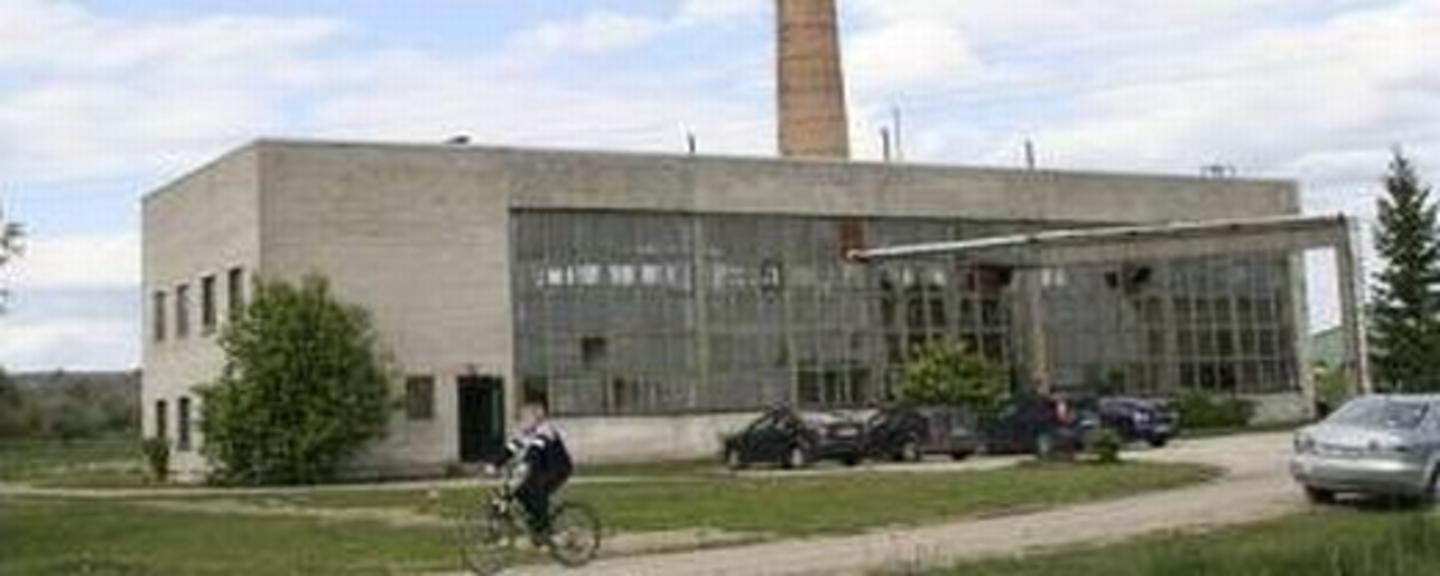By swapping oil-shale for biofuels in OÜ Lihula Soojus’ boiler house in Lihula, local air pollution and greenhouse gas emissions will be drastically reduced. The change to biofuels is expected to reduce today’s 1350 tonnes of yearly emitted CO2 to an estimated 27 tonnes, a mere 2 percent of the current emissions. The effect spurred by the change to biofuels, will be further boosted through the choice of using locally available biofuels to feed the new boilers.
While the export of reed is a financially important in the Lihula area, the reed industry also causes significant air pollution. The average use of the dry grass is 20 percent, leaving as much as 80 percent left to be burned on the local fields. These leftover straws will now be used for OÜ Lihula Soojus’ energy production, along with wood fuel.
In addition to reducing air pollution in Lihula, the new solution will contribute to keeping the fuel prices stable. The company is opting for a duo-fuelled biomass system consisting of two bioenergy boilers. This solution allows for a more secured fuel supply, as the company can choose to use different mixes of herbaceous fuel, such as straw and reed, and woodfuel according to varying supply conditions and price fluctuations. In addition, an important added value of the project is the creation of seven to eight full-time positions and three part-time positions for the work in the boiler-house and the follow up of the biofuel supply chain. The project will run until October 2009.
Estonia’s minister of Finance, Ivari Padar, was present at the project’s formal launch on 23 May. Padar commended Lihula parish for using local fuels as the source for heating. Norway’s Ambassador to Estonia, Stein Vegard Hagen, was also present at the event. He congratulated OÜ Lihula Soojus for the successful completion of the EEA Grants selection process and thanked the Estonian Ministry of Finance for their good cooperation in implementing the EEA and Norway Grants in Estonia.
News
16.10.2012
A €650,000 project by municipal heating company OÜ Lihula Soojus, supported with a 50% grant from Iceland, Liechtenstein and Norway, will swap the area’s energy production from oil-shale to straws and wood.

EE0040 Kundabuilding.JPG